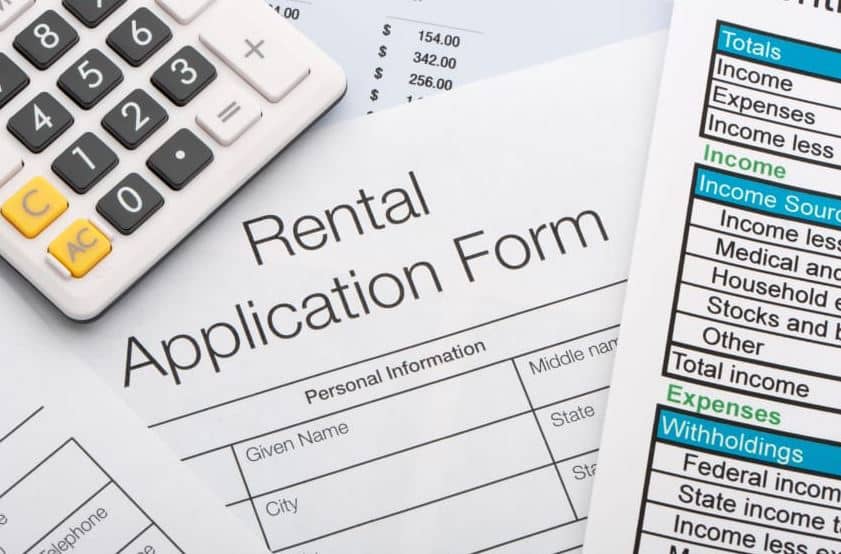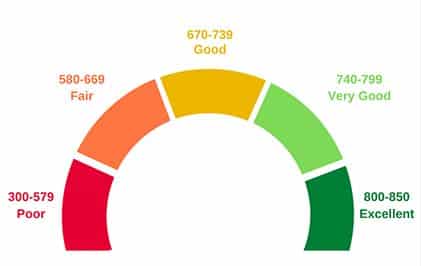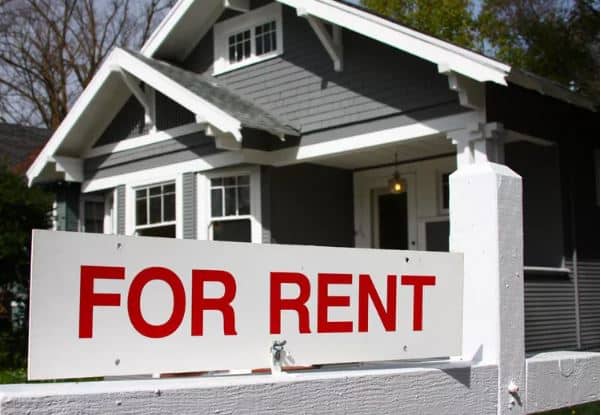
If you recently bought an investment property to rent out, chances are you’re trying to figure out how to screen a tenant properly. This is ESPECIALLY if this property is in Ontario, where the laws tend to lean towards the tenant over the landlord.
As a landlord in Ontario, finding reliable and responsible tenants is crucial for a successful rental property investment. Properly screening tenants is an essential step to ensure a positive rental experience and protect your property. In this article, we will how to screen a tenant properly as well as how a property manager can support landlords in the screening process and beyond.
PREPARING A COMPREHENSIVE RENTAL APPLICATION
Start by requesting a detailed rental application from prospective tenants. This application should include information such as their employment history, income, references, and previous rental history. Ask for authorization to perform background and credit checks as part of the application process. How to screen a tenant properly absolutely must include thorough due diligence.

(Credit – Rent Seeker)
CONDUCTING BACKGROUND CHECKS
Background checks provide valuable insights into a tenant’s history. Verify their identity by requesting a copy of their government-issued photo identification. You’ll want to perform a criminal background check to ensure the safety of your property, yourself, and if applicable, other tenants. This check can be done through local police services or professional screening agencies. You can also try out a service called BackCheck.
ASSESSING CREDITWORTHINESS
How to screen a tenant properly will also include reviewing their credit history. This helps to evaluate how responsible they are with their finances. Request permission to access their credit report, which will reveal their payment history, outstanding debts, and any previous evictions. Ensure that the prospective tenant has a stable financial background to meet their rental obligations.

(Credit – Equifax)
CHECKING RENTAL REFERENCES
Contact the previous landlords listed on the tenant’s application to inquire about their rental history. Ask about their payment punctuality, property maintenance, and any issues that arose during their tenancy. This step provides valuable insights into how they may behave as a tenant in your property.
VERIFYING EMPLOYMENT & INCOME
Confirming a tenant’s employment status and income stability is vital for assessing their ability to meet rent payments. Request a few month’s of recent pay stubs or employment verification letters to ensure they have a steady income source. Ideally, their monthly income should be at least three times the rental amount.

(Credit – Veriff)
ASSESSING COMPATIBILITY
How to screen a tenant properly goes beyond each of the elements outlined above. Assessing their compatibility with your property and other tenants is important to maintain a harmonious living environment. Evaluate their lifestyle, pet ownership, smoking habits, and any other factors that may affect the property and its residents.
BENEFITS OF A PROPERTY MANAGER
Engaging a property manager can greatly assist landlords in the tenant screening process and ongoing management of rental properties. A property manager brings expertise, experience, and a network of resources to support landlords throughout the entire rental journey. Although there is a cost to leverage a property manager or management company, their experience and expertise is worth it.

(Credit – Clear Risk)
For example, I had a rental property in Edmonton that wouldn’t have been possible without the support of a property manager. They took care of everything from advertising the rental property and screening tenants to managing the property, collecting the rent, and investigating any issues that arose. Alberta is one of the most landlord friendly provinces, which was one of the reasons I decided to invest there. I was fairly fortunate with my tenant’s during the time I owned the property.
The only real issue I encountered was significantly escalating electricity costs. This had been stable for a few years then jumped from $300/mth to $800/mth then $1,100 to $1,300. It took some time for the property manager to go by, but when they did, they discovered that the tenants had placed a large space heater in the garage so their car wouldn’t die in the extreme cold Edmonton experiences in the winter. The issue was identified and the tenants paid for the increase in the utility caused by their actions.
In addition, the first tenants that I had tended to be fairly noisy, which lead to some complaints from the basement tenant. If you are renting a single family suited home, I’d suggest investing in soundproofing between the units to ensure maximum comfort for your tenants.
- EXPERTISE AND KNOWLEDGE
A property manager understands the local rental market and can guide landlords on rental pricing, lease agreements, and legal obligations. They are well-versed in how to screen a tenant properly, have great screening techniques, and will ensure prospective tenant’s are evaluated thoroughly.
- TIME & CONVENIENCE
Screening tenants can be time-consuming, especially for landlords with multiple properties. A property manager takes on the responsibility of advertising vacancies, conducting viewings, and thoroughly screening applicants, saving landlords valuable time and effort.
- LEGAL COMPLIANCE
Navigating rental laws and regulations in Canada can be complex, especially in Ontario. Property managers stay updated on the latest legal requirements and ensure that landlords remain compliant in all aspects of tenant screening and property management.
- TENANT RETENTION & CONFLICT RESOLUTION
A property manager helps maintain positive tenant relationships by addressing concerns, organizing repairs, and handling rent collection. Their expertise in conflict resolution can mitigate disputes and enhance tenant retention, minimizing vacancies and maximizing returns.

(Credit – The Balance Money)
In conclusion, how to screen a tenant properly is vital for landlords to find reliable, responsible, and financially stable occupants for their rental properties. By conducting thorough background and credit checks, verifying employment and income, and assessing rental references, landlords can make informed decisions. Engaging a property manager offers additional benefits, including expert guidance, time savings, legal compliance, and tenant relationship management. By implementing a comprehensive screening process
I hope this article has been helpful for you while you prepare to rent your property out to a tenant.
If real estate investing is new to you, and you’d like to get started, you may be interested in a few of my other past articles. These include:
– How To Use The Smith Manouevre To Invest In Real Estate
– Understanding How To Calculate Cap Rates For Real Estate Investors
– How To Buy An Investment Property
– Which Real Estate Investment is Best?
If you’re in the market to buy, sell, or invest, I’m happy to help in any other way I can. I can be reached at 647-896-6584, by email at info@serenaholmesrealtor.com or by filling out this simple contact form.
For plenty of other great tips, make sure we’re connected on social @serenaholmesrealtor and you’ve subscribed to my YouTube Channel.










